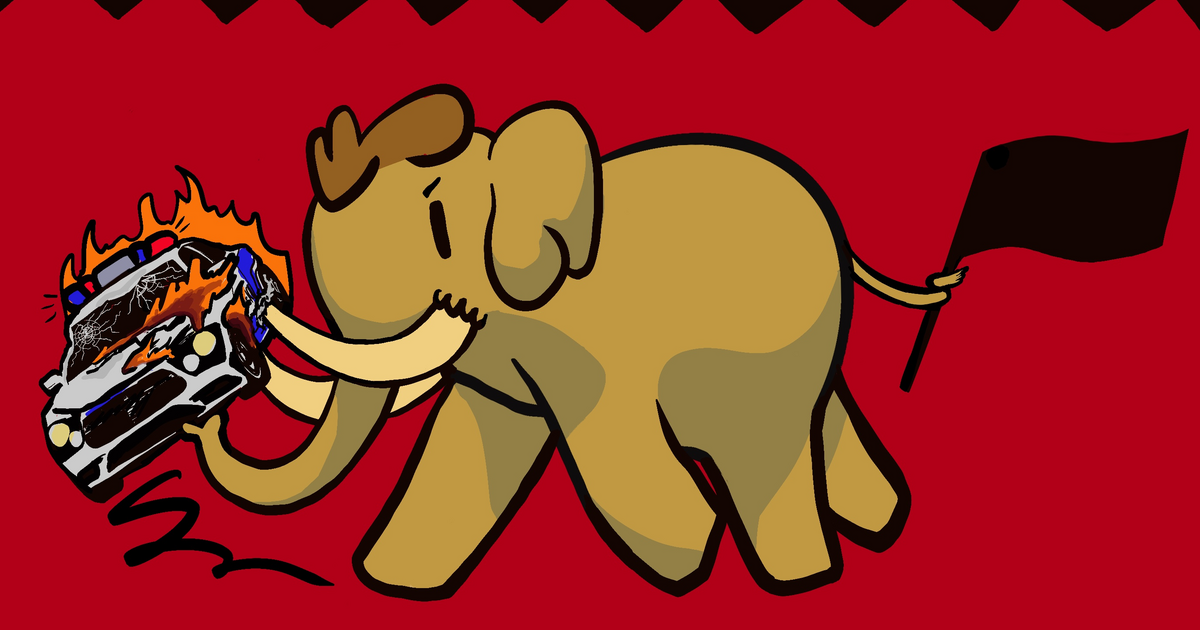Recent searches
No recent searches
Search options
Not available on kolektiva.social.
kolektiva.social is one of the many independent Mastodon servers you can use to participate in the fediverse.

Kolektiva is an anti-colonial anarchist collective that offers federated social media to anarchist collectives and individuals in the fediverse. For the social movements and liberation!
Administered by:
Server stats:
4.2Kactive users
kolektiva.social: About · Profiles directory · Privacy policy
Mastodon: About · Get the app · Keyboard shortcuts · View source code · v4.3.3
Explore
Mastodon is the best way to keep up with what's happening.
Follow anyone across the fediverse and see it all in chronological order. No algorithms, ads, or clickbait in sight.
Create accountLoginDrag & drop to upload

